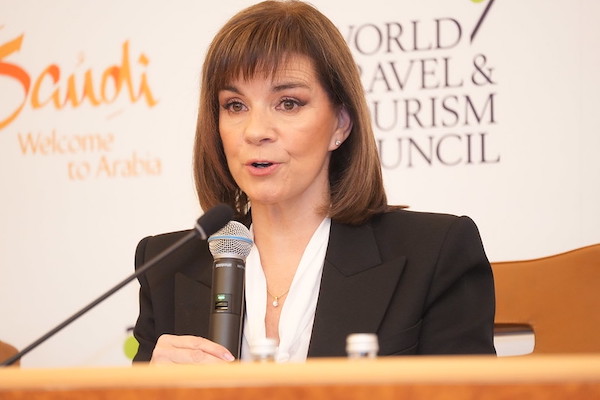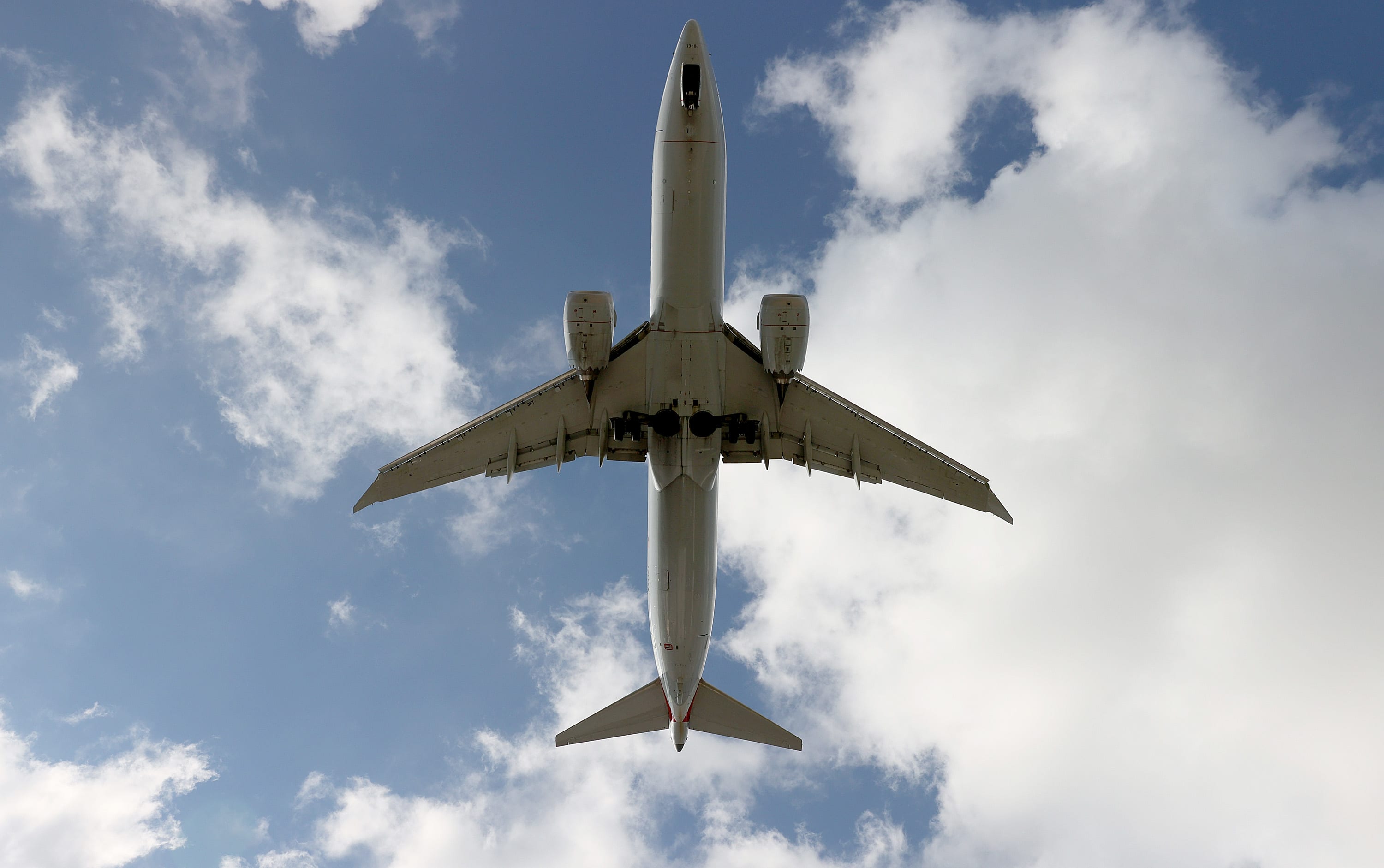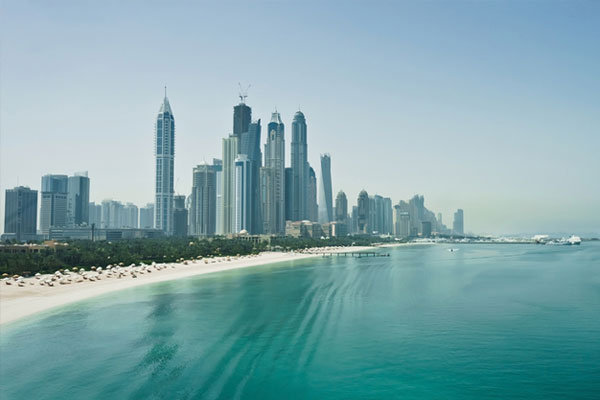‘Ground-breaking’ report highlights global impact of travel and tourism
WTTC and Sustainable Tourism Global Centre hail ‘first of its kind’ data

The World Travel & Tourism Council (WTTC) and Saudi-based Sustainable Tourism Global Centre (STGC) have released landmark data on the global impact of travel and tourism.
The STGC and WTTC’s Environmental Impact Research report highlights a decoupling of travel and tourism GDP growth from its environmental footprint, including reductions in the intensity of water use, greenhouse gas emissions, energy consumption and material extraction.
It calculates travel and tourism accounted for 10.6% of global energy consumption in 2019, 0.9% of global water consumption, and 5%-8% of global material extraction.
The WTTC and STGC, which launched the collaboration and unveiled the initial results of research on the sector’s greenhouse gas emissions at the WTTC Global Summit in Riyadh last November, believe the latest data is the most comprehensive in the sector’s history.
It covers 185 countries across every region, will be updated each year and, like the WTTC’s economic impact research, includes individual factsheets for each country and major region.
A dedicated microsite will also allow users to explore the data.
The report brings together data on greenhouse gas emissions, energy use and composition, freshwater use, air pollution and resource use as well as the age, gender and wage profiles of different sectors of employment, combining the economics of travel and tourism with its environmental and social impact.
It not only quantifies the sector’s direct impacts, but also its supply chain impacts within national borders and embedded in international supply chains.
WTTC president and chief executive Julia Simpson hailed the launch of the report as “a pivotal moment for the global travel and tourism sector”, saying: “Through this data, we’re highlighting the sector’s multi-dimensional impact – economically, environmentally and societally.
“We’re not just reflecting where we are now, but charting our course for a future where the sector progressively reduces its environmental footprint and boosts its social impact.”
Saudi Arabia minister of tourism Ahmed Al Khateeb welcomed the data “as an invaluable resource for decision makers around the world”, saying: “It provides vital insights and unique environmental research into how travel and tourism has both an influence on climate change and is affected by it.”
He noted: “The commitment to achieve net zero emissions for the sector has never been more important.
“We firmly believe travel and tourism is part of the solution and that is why Saudi Arabia has taken a leading role to accelerate and track this change to promote sustainability across the sector.”
Gloria Guevara, chief special advisor to the minister, added: “This is a major milestone for the sector. The STGC will unite the sector to accelerate the transition to a net-zero world, while protecting nature and supporting communities.”
She noted: “As an industry, we are responsible for 8.1% of all carbon emissions globally, rising on average 2.5% a year between 2010 and 2019. However, global Travel & Tourism’s GDP grew at an average of 4.3% per year, indicating the link between our sector’s growth and its carbon footprint has loosened.
“Now for the first time we have the data which enables us to quantify the sector’s global emissions and identify and track which measures will work so we can map our journey towards a net-zero future.”
WTTC chairman Arnold Donald said, “This first of its kind report is a significant contribution to ensuring the inclusive, sustainable growth of the sector.”

 ShanonG
ShanonG 































